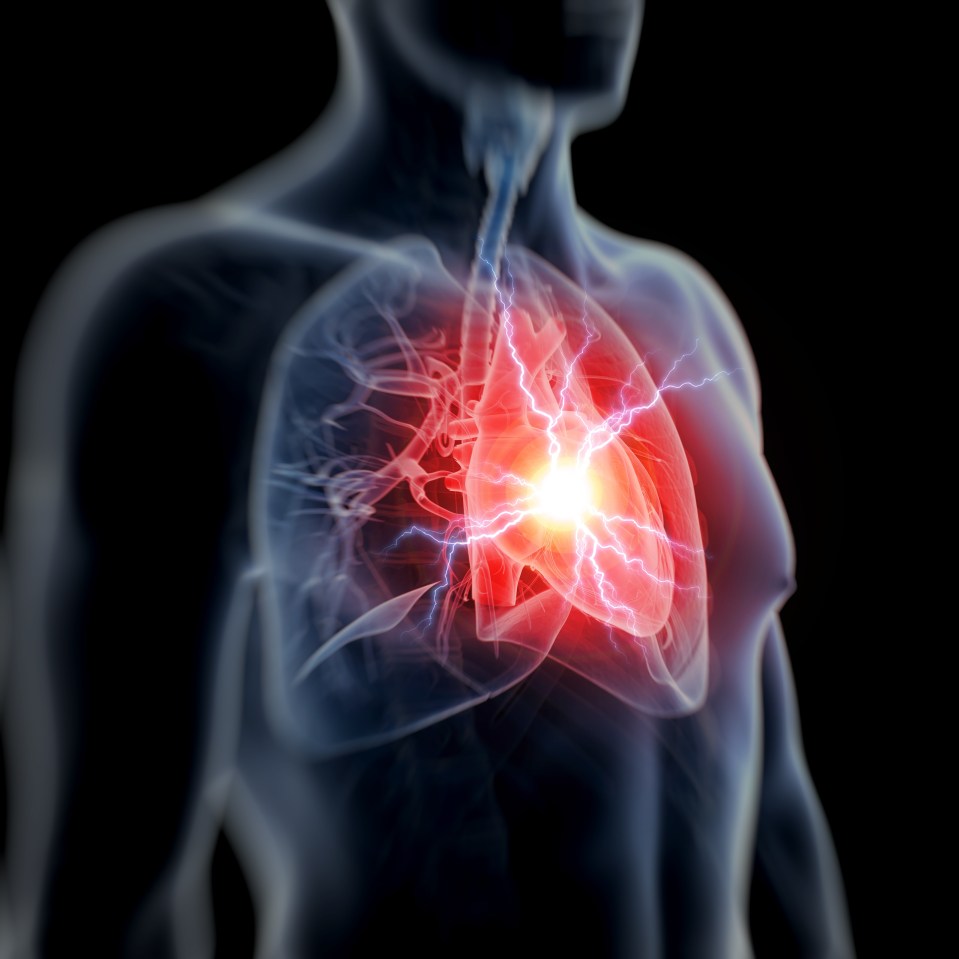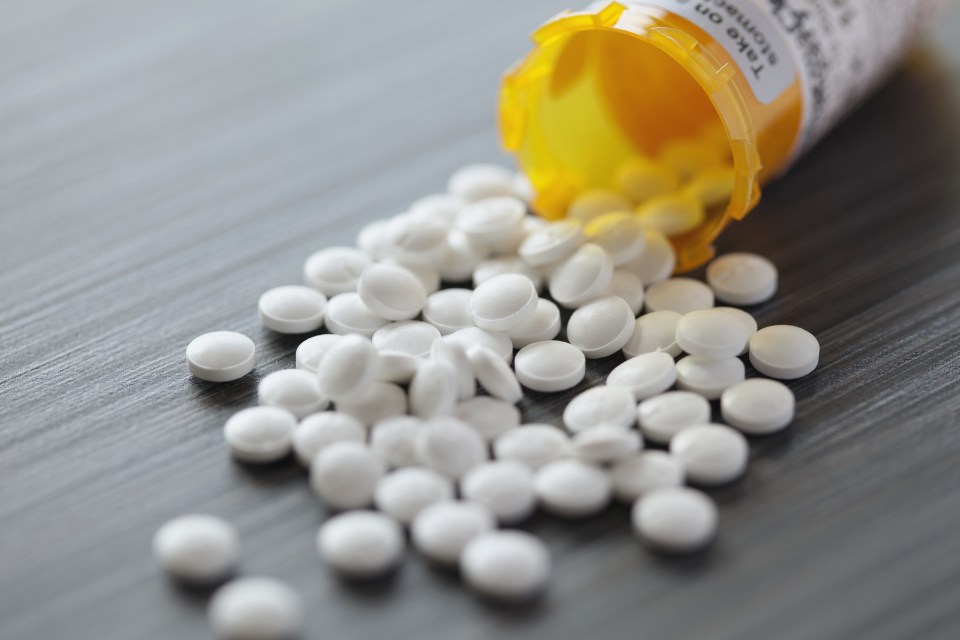New drug to repair the damage done by a heart attack could be on the horizon
Researchers now plan to develop medications that blocks a chemical, known as RBPJ, which stops tissue rejuvenation

A DRUG to repair the damage done by a heart attack could be on the horizon after a breakthrough by scientists.
Boffins have identified a protein that prevents new blood vessels forming, offering hope of new treatments for Britain's biggest killer.
Experiments on mice found the chemical, known as RBPJ, prevented tissue rejuvenation.
The researchers now plan to develop medications that block it.
They also offer hope in cancer therapy by boosting the protein - which could starve tumours to death.
Professor Mark Mercola, of Stanford University, California, said: "We found a protein called RBPJ serves as the master controller of genes that regulate blood vessel growth in the adult heart.
"RBPJ acts as a brake on the formation of new blood vessels. Our findings suggest drugs designed to block RBPJ may promote new blood supplies and improve heart attack outcomes."
The study published in Nature Communications reveals a key control point in controlling the formation of new blood vessels in the heart.
Heart disease is the UK's leading cause of death, claiming more than 73,000 lives a year.
A heart attack can severely reduce the organ's pumping capacity, which causes laboured breathing and makes day to day tasks difficult.
Known as heart failure, it arises within five years in at least one in four heart attack patients.
related stories
Heart muscle dies because it becomes starved of oxygen.
If it had an alternative blood supply, more muscle would remain, and heart function would be maintained.
Many researchers have therefore been searching for ways to promote the formation of additional blood vessels in the heart.
Lead author Dr Ramon Díaz-Trelles, of Sanford Burnham Prebys Medical Discovery Institute, explained: "Studies in animals have shown having more blood vessels in the heart reduces the damage caused by ischaemic (reduced blood supply) injuries, but clinical trials of previous therapies have not succeeded.
"The likely reason they have failed is these studies have evaluated single growth factors, but in fact building blood vessels requires the coordinated activity of numerous factors. Our data show RBPJ controls the production of these factors in response to the demand for oxygen."
He added: "We used mice that lack RBPJ to show it plays a novel role in myocardial (muscular tissue of the heart) blood vessel formation (angiogenesis) - it acts as a master controller, repressing the genes needed to create new vessels.
"What is remarkable is removing RBPJ in the heart muscle did not cause adverse effects - the heart remained structurally and functionally normal in mice without it, even into old age."
Added co researcher Prof Pilar Ruiz-Lozano: "RBPJ is a promising therapeutic target. It is druggable, and our findings suggest blocking it could benefit patients with cardiovascular disease at risk of a heart attack.
"It may also be relevant to other diseases. Inhibitors of RBPJ might also be used to treat peripheral artery disease, and activators might be beneficial in cancer by inhibiting tumour angiogenesis."
We pay for your stories! Do you have a story for The Sun Online news team? Email us at tips@the-sun.co.uk or call 0207 782 4368














